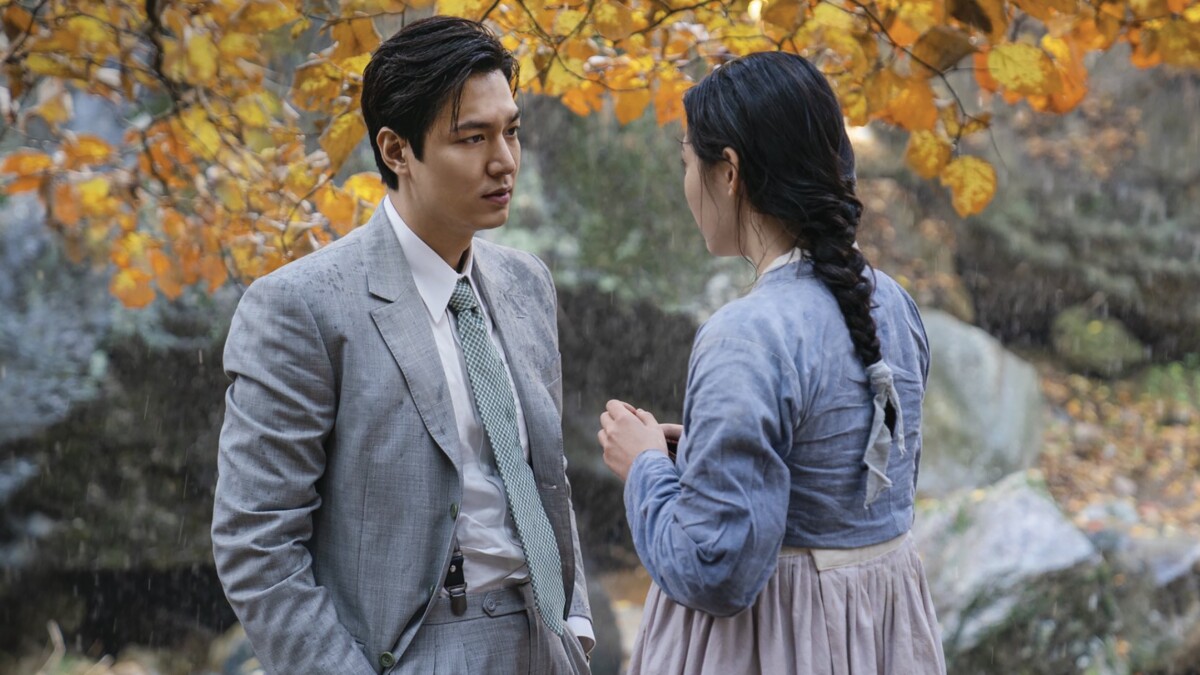Pachinko, by Min Jin Lee, Book Review
With so many characters in the sweeping family drama set over a century of four generations I had to keep notes on who was who in Min Jin Lee’s novel Pachinko. One of the strongest themes that also acted as a piece of cultural and sociological history was the racism by the Japanese to their Korean neighbours. It created sectarian barriers that continually drove the plot or rather the direction of the lives of the family members.
The opening line of: “History has failed us, but no matter,” reminds us that the vast majorities of family histories are not linked to the history books but live within the shadows of events. Despite the span of years covered in Pachinko there are no dramas of atom bombs or Japanese army atrocities – rather a portrayal of the ordinary life of Koreans making their way in the world.

I’ve always been a fan of brevity in novels and at over 500 pages this book club choice looked a daunting read. But despite the numerous stories and challenges that beset the characters it was a page turner as there were so many twists, surprises, births and deaths. By page nine I had already counted a body count of ten. Life was cheap in early 20th century Korea with a high infant mortality rate partly due to illness and a lack of modern medical treatments. The contrast of the saga is the incredible poverty in the early part of the novel to the final chapters where the characters dine in restaurants, travel the world for work or holidays, own homes and luxury cars and seemingly want for nothing. The only things missing for many characters were personal fulfilment and personal development – as wealth and luxury spoil their lives. If Min Jin Lee has one message it is that work gives you a focus.
The epic story starts in Busan in Korea at the turn of the 20th century with Hoonie, the honest and likable boarding house owner who despite his disabilities sets one side of the moral compass for the next few generations. Hard work, honesty and kindness are the characteristics of his legacy inherited by his daughter Sunja whose journey from pregnant teen to matriarch has her life intertwined with her one time lover and gangster Hansu who represents the complete opposite of Hoonie’s values.

Sunja’s marriage to the kindly Christian pastor Isak sets up the contrasting forces of ruthlessness and righteousness as the two sides of the Korean diaspora seek a living in hostile Japan. It’s not just a novel but an education in how the communities experienced the horrors of war, poverty, prejudice and progress in the last century. We tend to think of Japan through the lens of World War 2 and the economic recovery after atom bombs were dropped on Hiroshima and Nagasaki – plus the horrors of how the Japanese army conducted the war in China and the cruelty to Allied prisoners and the citizens of occupied countries in SE Asia. This is a different history of those times.
With so many well drawn characters such as the long-suffering mother of Sunja, Yangjin, the contrasting brothers Noa and Mozasu, the tragic but beautiful Yumi, the compromised Yetsuku and the drama around Solomon, over sexed Hana and Westernised Phoebe keeps the pages turning. So many stories which make Pachinko more a soap opera than a novel – but compulsive reading, nevertheless. Author Min Jin Lee keeps it real during a period of history when the war, massacres, nuclear bombs and Korean comfort women could have been used as plot points. Instead the 2017 novel is focused through the symbol of the arcade game pachinko where everything is a game of chance – just like life itself.
Harry Mottram
In 2022 Apple TV made a four part serial of the novel featuring a cast of Youn Yuh-jung as Sunja and Lee Min-ho as Hansu.
Axbridge News is edited by Harry Mottram and is published for the interest of himself and fellow residents
Harry is a freelance journalist. Follow him on Facebook, LinkedIn, Twitter, Instagram, YouTube etc
Email:harryfmottram@gmail.com
Website:www.harrymottram.co.uk
Mobile: 07789 864769


You must be logged in to post a comment.